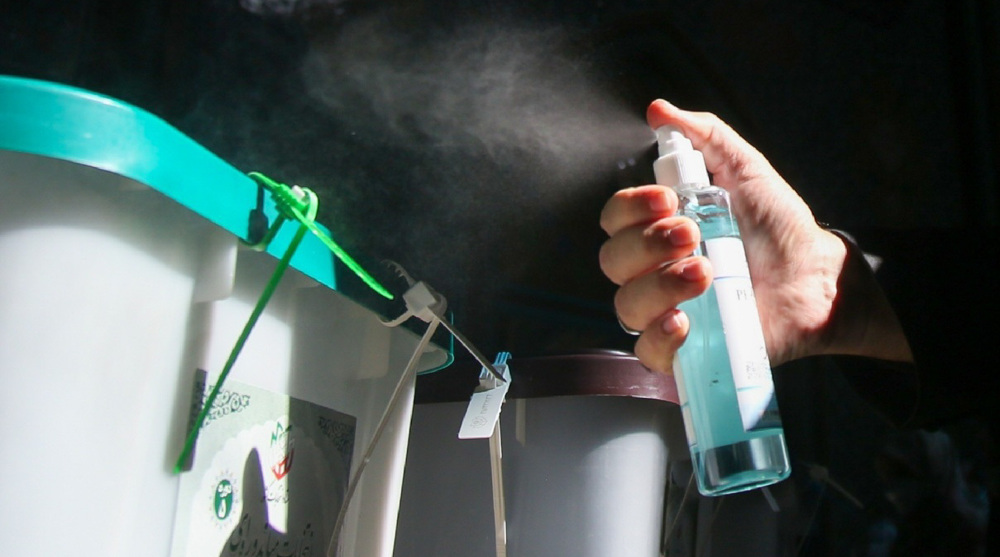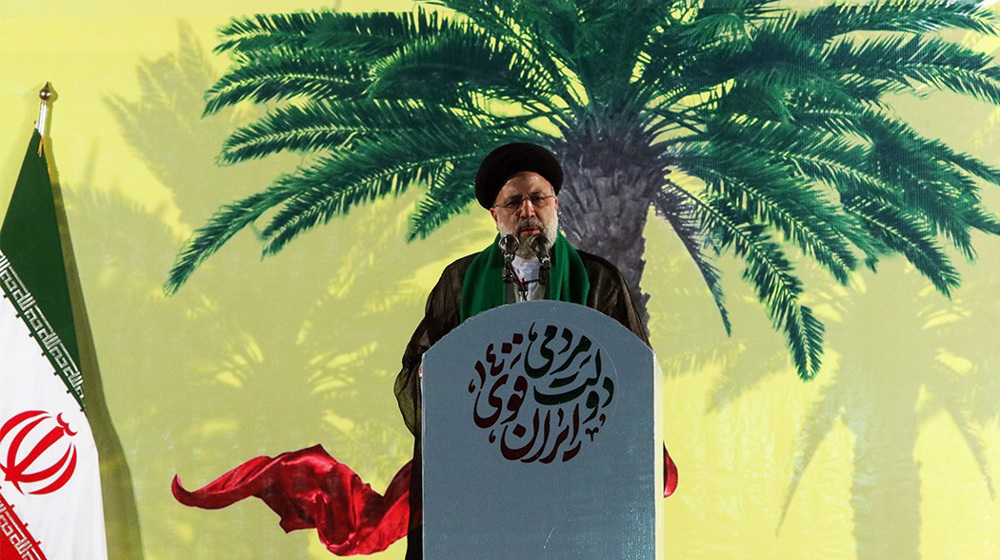
Research finds ‘robust relationship’ between pandemic & low turnout in elections
A scholarly research has found a “robust relationship” between a low turnout in an election and the COVID-19 pandemic, showing that a “non-negligible” fraction of voters decide to abstain from voting over risks to their health.
The findings of the research, conducted by Abdul Noury et al, were published in an article titled “How does COVID-19 affect electoral participation? Evidence from the French municipal elections” on the website of the US National Library of Medicine, National Institute of Health on February 24, 2021.
“The fear of becoming infected with the virus may cause selective participation, where a non-negligible fraction of voters, particularly those with higher health risks (such as elderly and vulnerable voters), abstain from voting,” the researchers said in the article.
They found “a robust relationship between the depressed turnout rate [in the sample French elections] and the disease,” and “that the participation rate decreases with city proximity to COVID-19 clusters.”
In the particular election studied, namely the municipal elections in France in March and June 2020, the study found that the turnout in the first round had decreased from 63.5% in 2014 to 44.66% in 2020.
The article said that the fall in turnout was “surprising” firstly because municipal elections in France are “the second most popular” vote at the local level, “just after the presidential election;” and secondly because mayors “are the most popular elected officials in France.”
The result was that “in-person voting was characterized by substantially depressed turnout rates.”
The article said that the French elections took place “at the beginning of the outbreak in France… a period during which there was little reliable information on the virus – and only a tiny portion of the population was already sick, experiencing a higher cost of voting.”
The researchers concluded that the COVID-19 pandemic “has the potential to have a massive negative impact on turnout rates.”
“We clearly show that COVID-19 negatively affected participation in municipalities with a larger fraction of elderly characterized by a higher risk to develop severe COVID-19 illness and in close proximity to COVID-19 clusters. Moreover, municipalities with a higher population density or where only one list was running at the election experienced a lower mobilization,” they said.
As for the French municipal elections, the article said that turnout displayed a fall of “a record 20 percentage points.”
Iran is holding a presidential election, amid the COVID-19 pandemic. Over 59 million Iranians are eligible to vote at more than 72,000 polling stations set up countrywide, according to the figures released by Iranian election officials. Around 3,500,000 Iranian expatriates are also eligible to join the vote in 234 polling stations set up by the country’s diplomatic missions in various world countries.
City council, midterm parliamentary, and Assembly of Experts elections are also being held simultaneously with the presidential vote.
Election officials have taken a series of measures to ensure that voters will face zero or minimum health risks at polling stations. All voters are advised, however, to observe health protocols themselves as well.
A study by Press TV before polls opened on Friday estimated voter turnout to be at 47.3%.







 This makes it easy to access the Press TV website
This makes it easy to access the Press TV website